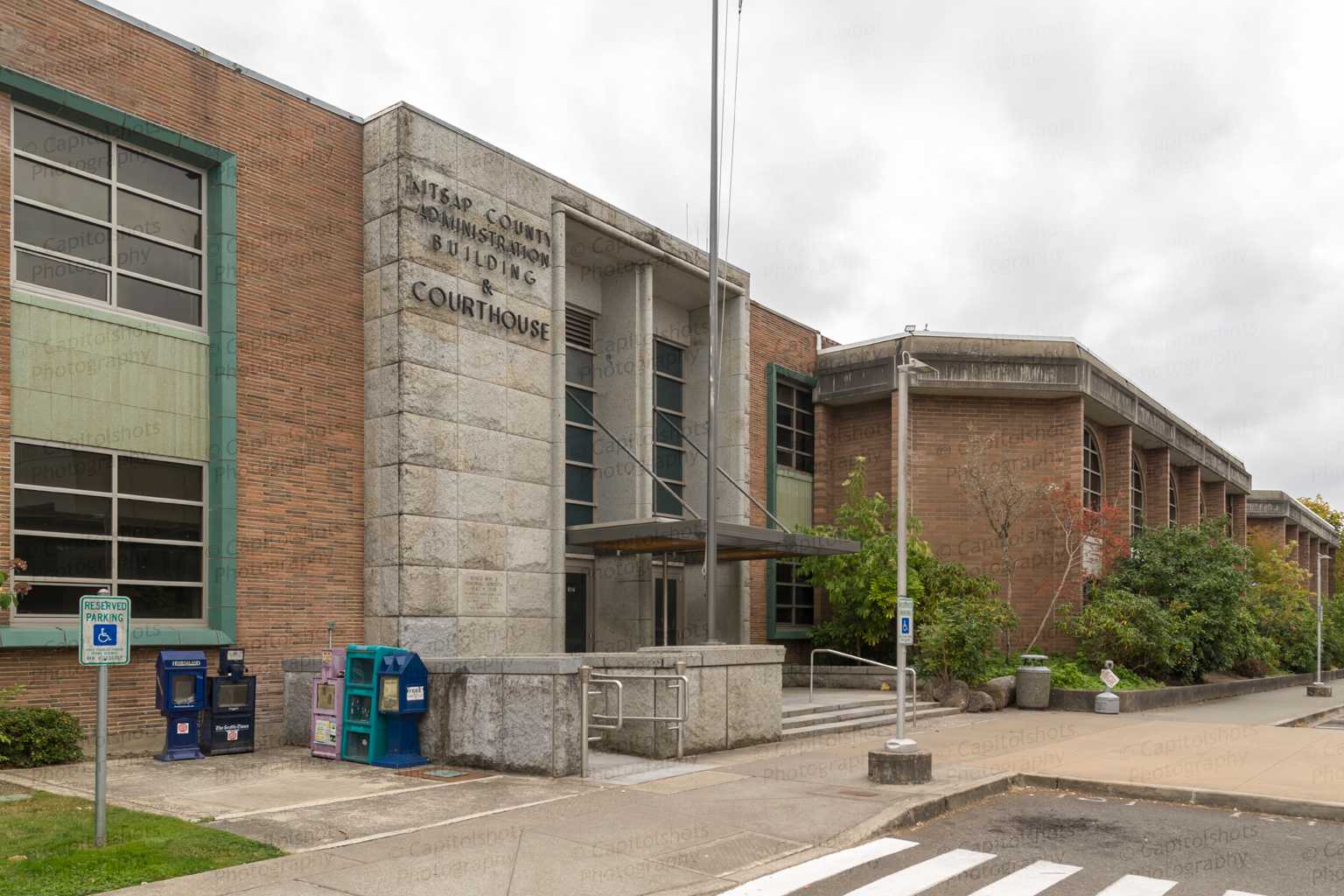What to Know: First Offense DUI in Washington
The FYI on First Offense DUI in Washington
1) Administrative Penalties
“Administrative penalties” are those imposed by the Washington State Department of Licensing. Some administrative consequences are triggered by the arrest and apply even if the defendant is never actually convicted of a DUI in criminal court. For a first DUI, the administrative penalties include:
Per se marijuana and per se alcohol. Motorists who are caught driving with a BAC of .08% or more or with a THC concentration of at least five nanograms per milliliter of blood typically face a 90-day administrative license suspension.
Chemical-test refusals. Motorists who refuse chemical testing generally face a one-year administrative license suspension.
The Department of Licensing also requires all motorists convicted of a first-offense DUI to have ignition interlock devices (IIDs) on their vehicles for at least one year. And DUI first offenders who had a passenger under the age of 16 in their vehicle at the time of their offense are required to have IIDs for at least 18 months.
2) Criminal Penalties
“Criminal penalties” are those imposed by a criminal court following a DUI conviction. For a first DUI, the criminal penalties include:
Per se marijuana, per se alcohol with BAC under .15%, and impairment DUIs. Motorists who are convicted of a per se marijuana, per se alcohol with a BAC under .15%, or an impairment first-offense DUI are typically guilty of a “gross misdemeanor.” Convicted drivers generally face one to 364 days in jail, at least 15 days of electronic home monitoring (EHM), or 90 days in a “24/7 Sobriety Program.” The criminal penalties also include $550 to $5,200 in fines and fees and a 90-day license suspension.
Chemical-test refusals and BACs of .15% or greater. Motorists who are convicted of a first-offense DUI involving a chemical test refusal or BAC of .15% or greater are typically guilty of a gross misdemeanor. Convicted drivers generally face two to 364 days in jail, at least 30 days of EHM, or 120 days in a 24/7 program. The criminal penalties also include $700 to $5,200 in fines and fees and a one-year license suspension.
Depending on the circumstances, a judge might also order a DUI offender to participate in an educational or substance abuse treatment program. And for any first offender who had a passenger under the age of 16 at the time of the offense, the judge must impose an additional one day in jail and increase the fines and fees to $1,200 to $5,200.
3) Seeking Legal Help
Washington DUI law is complex, and the facts of every case are different. If you’ve been arrested for driving under the influence, talk to an experienced DUI attorney in your area. A qualified DUI lawyer can tell you how the law applies to the facts of your case and help you decide on the best course of action.
Posting Bail in Washington State









